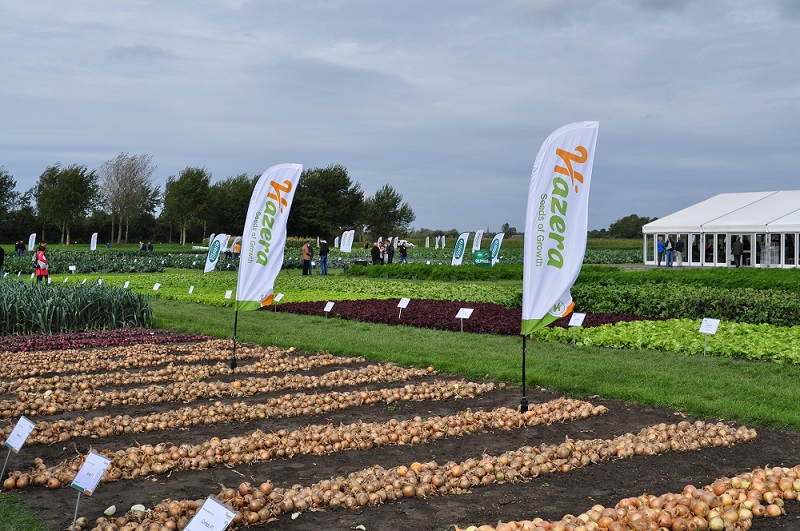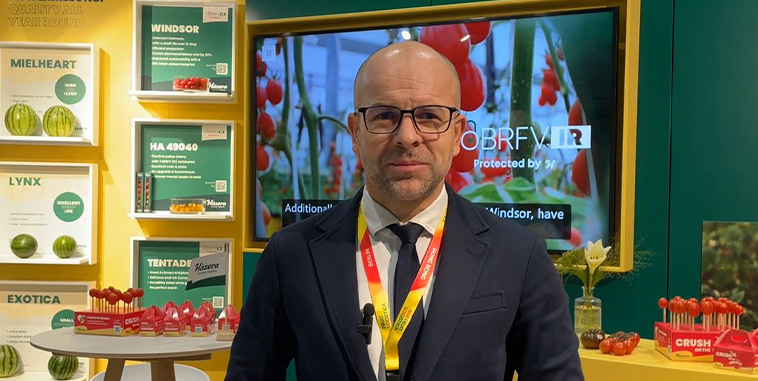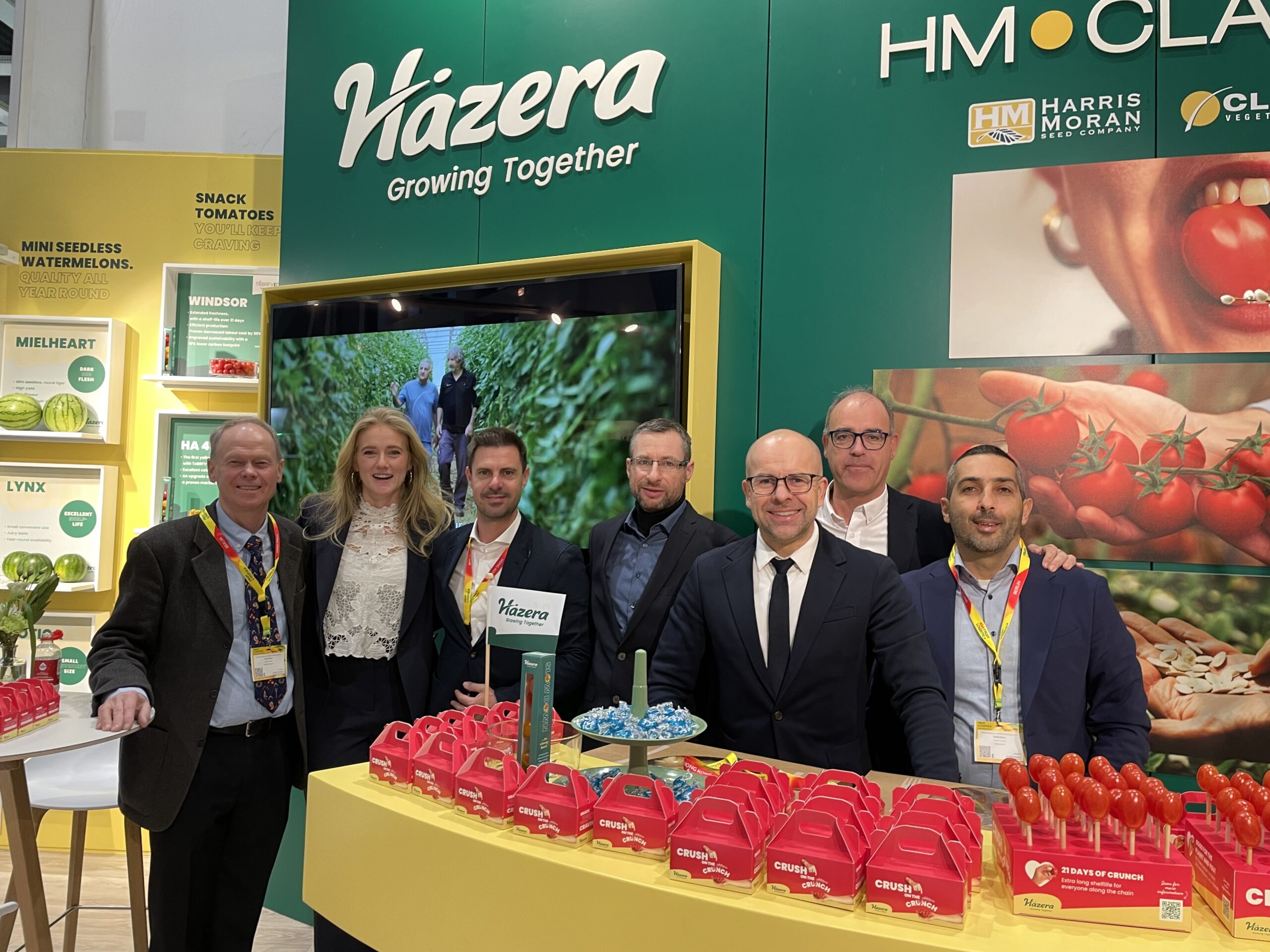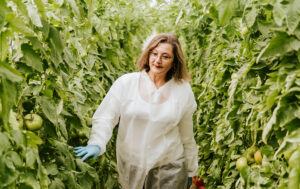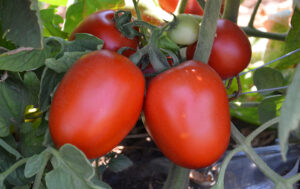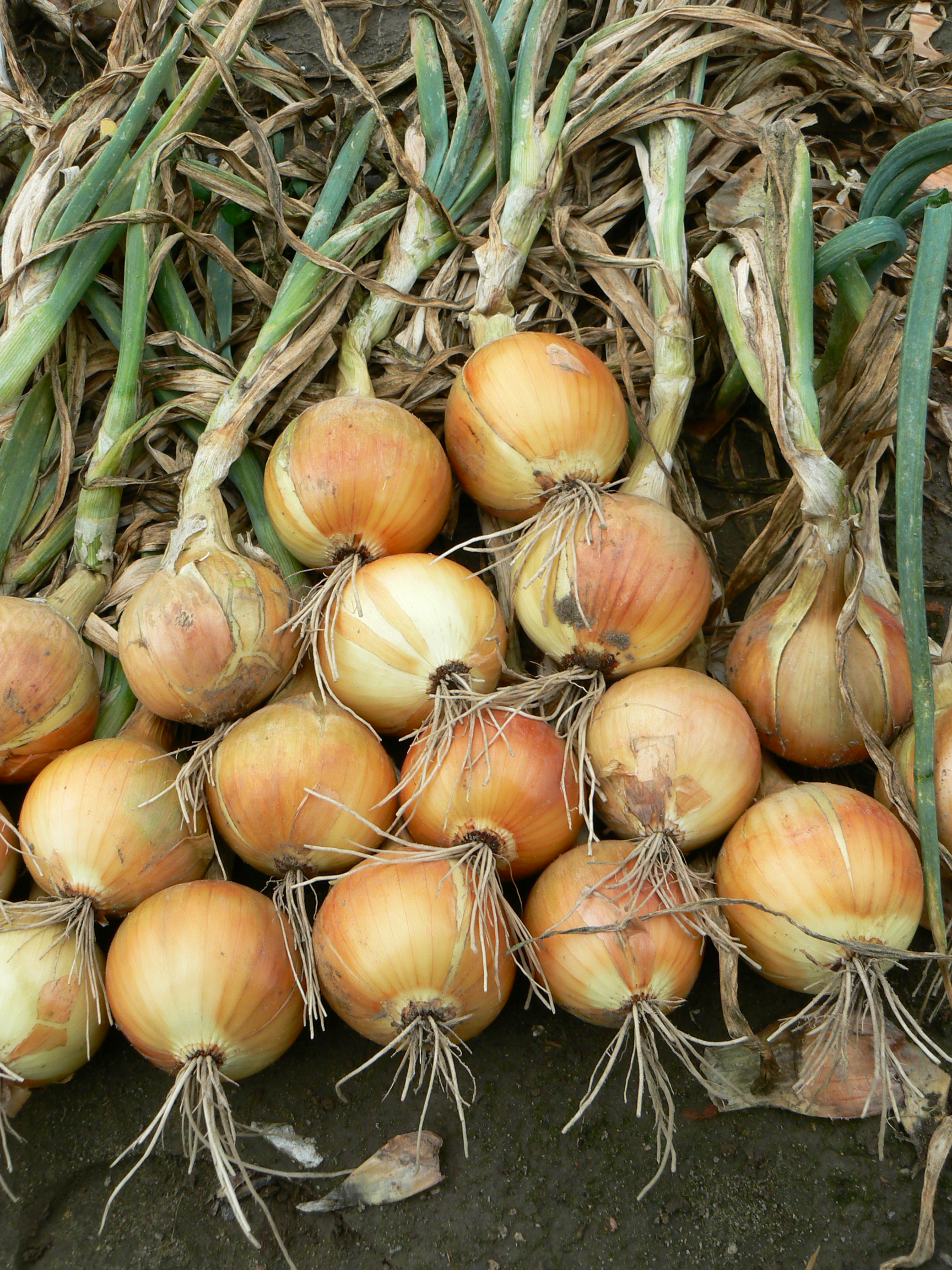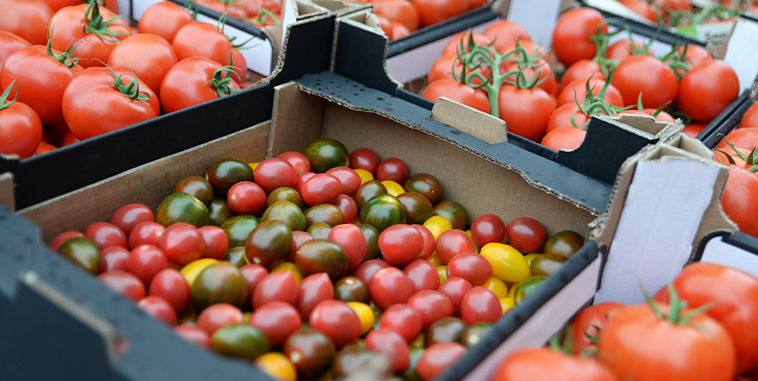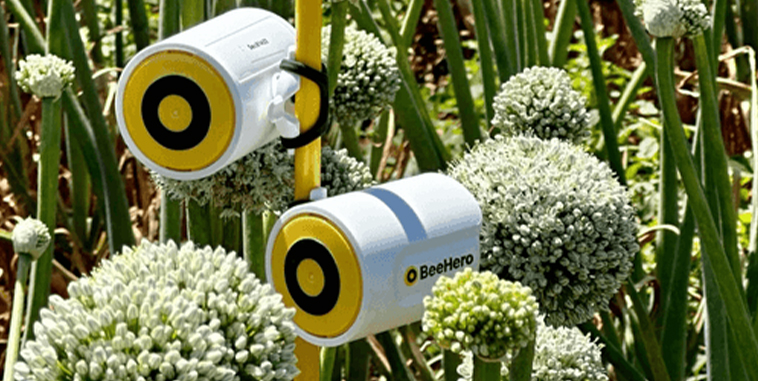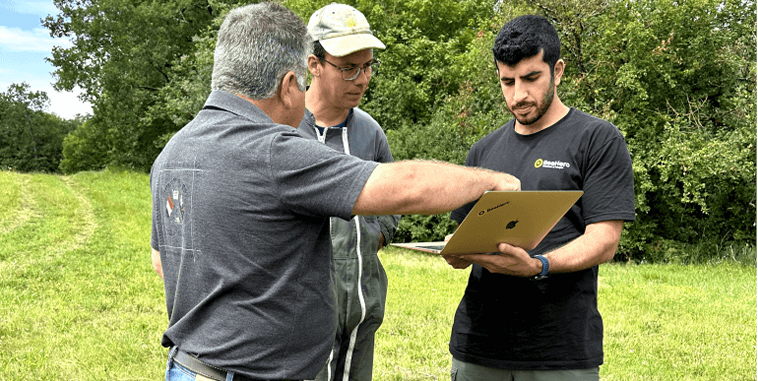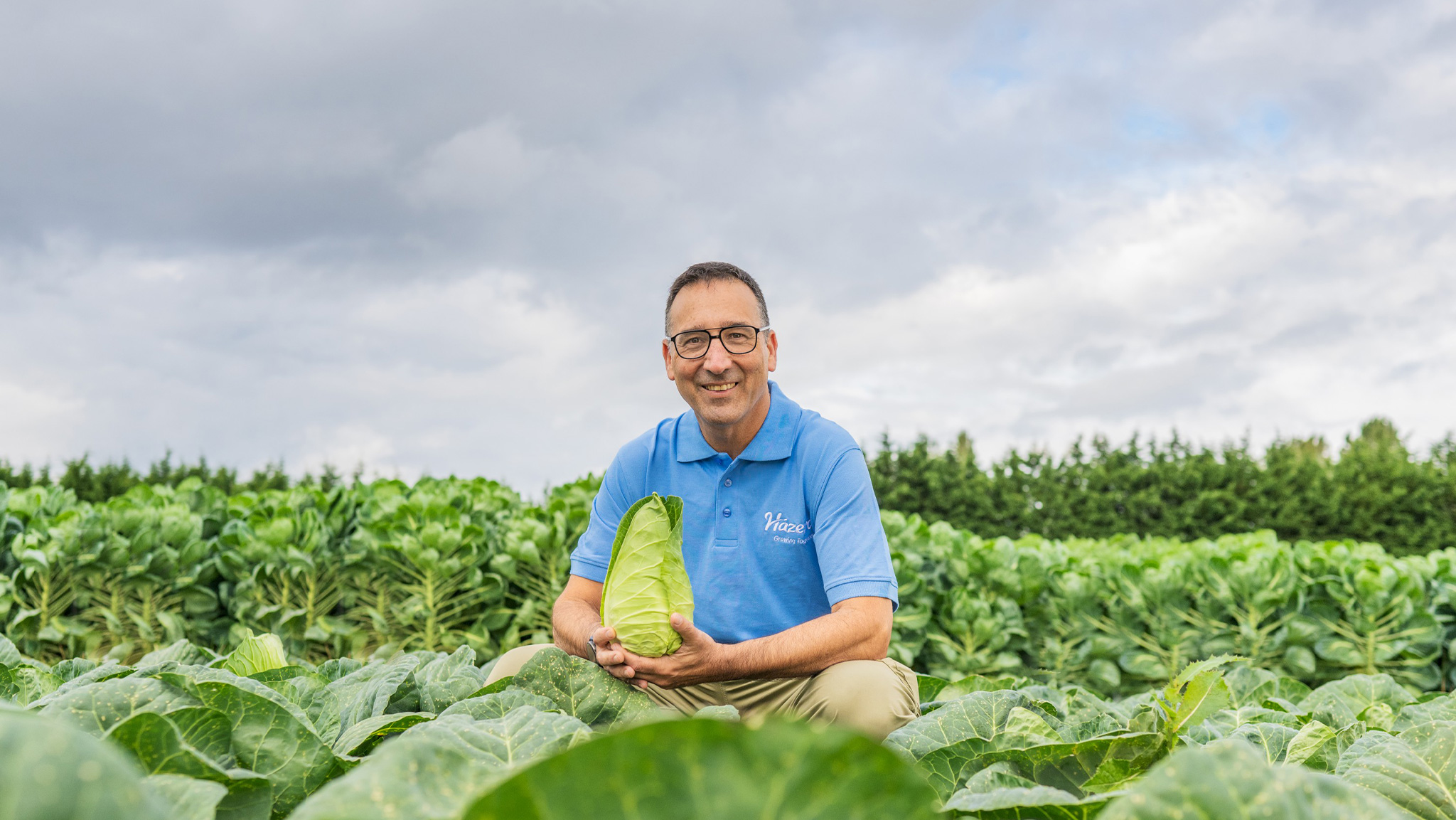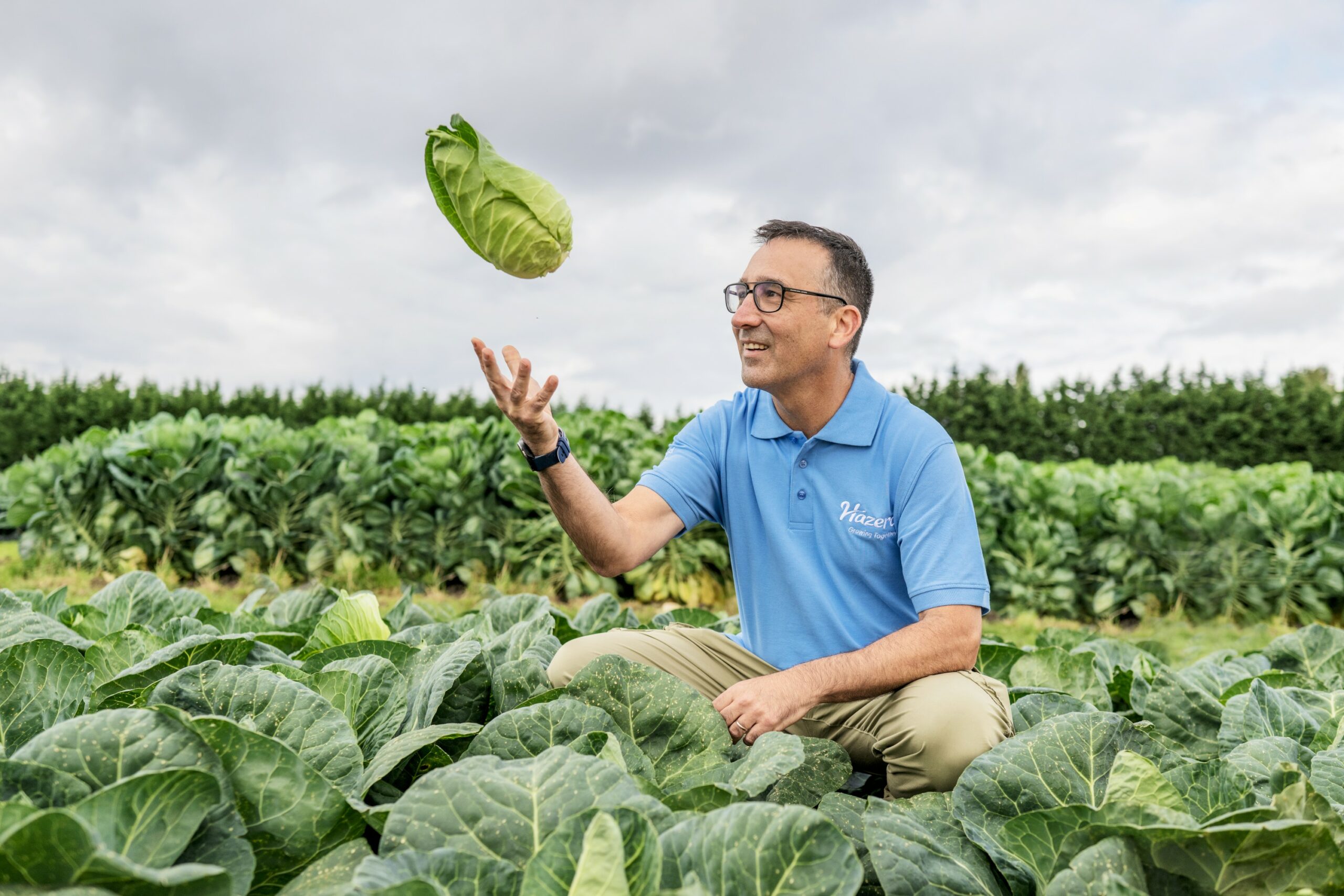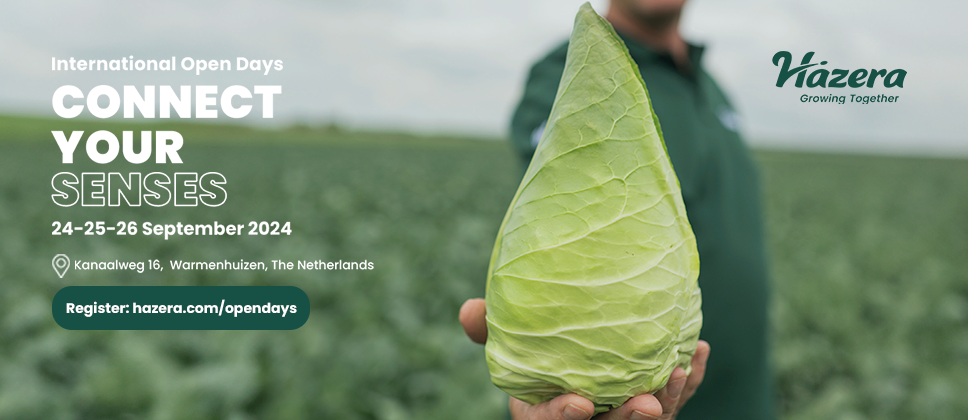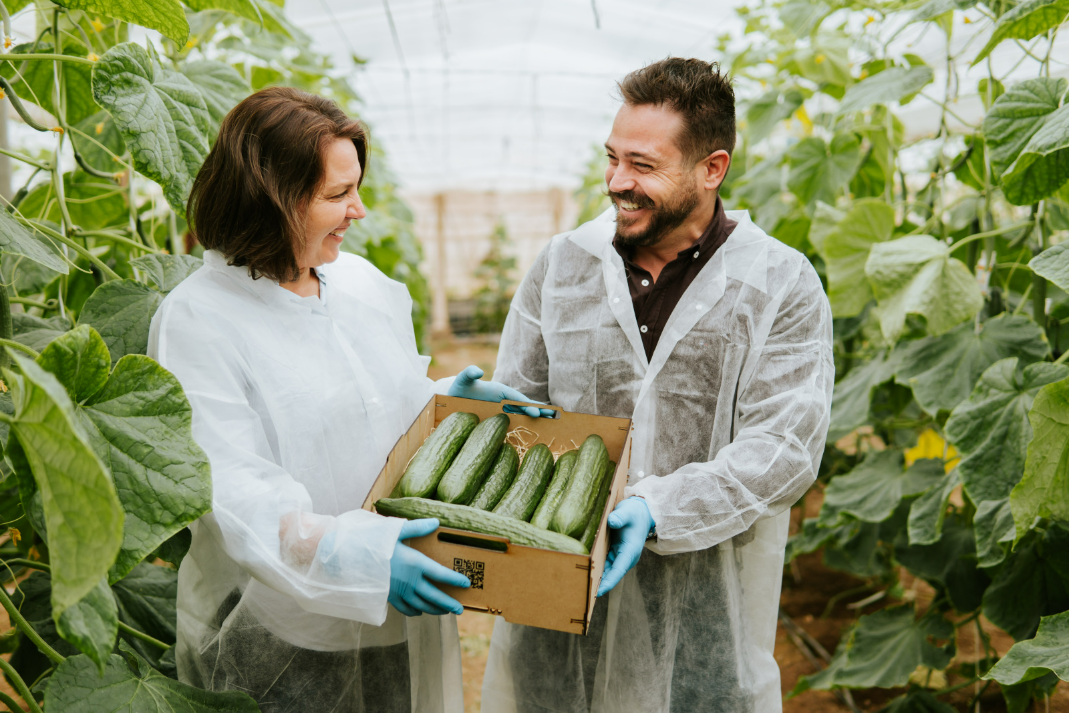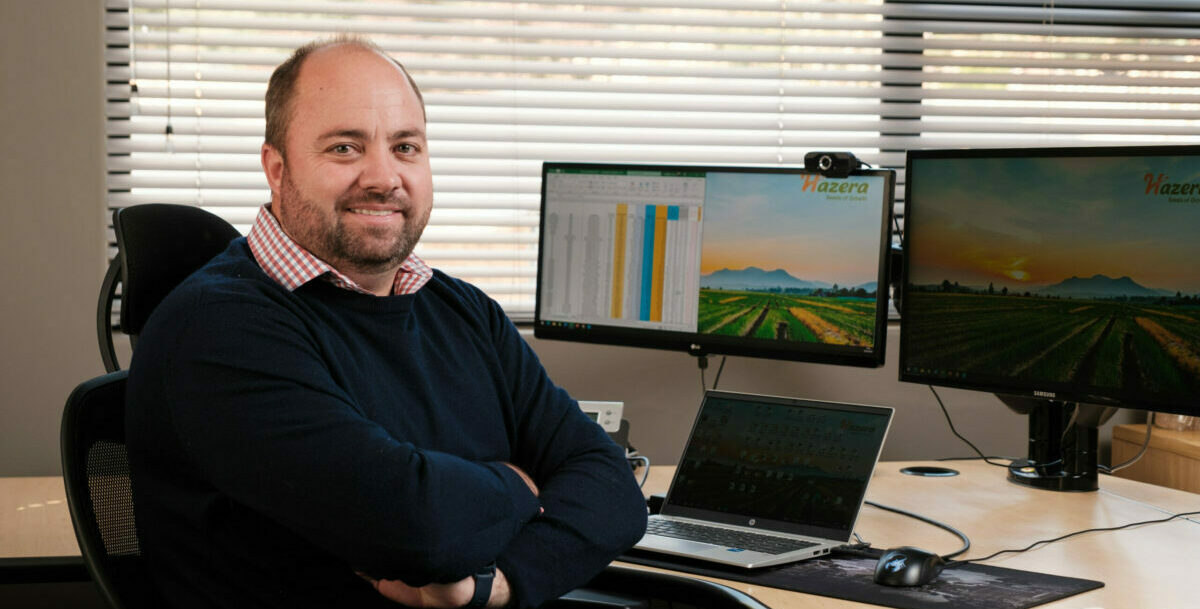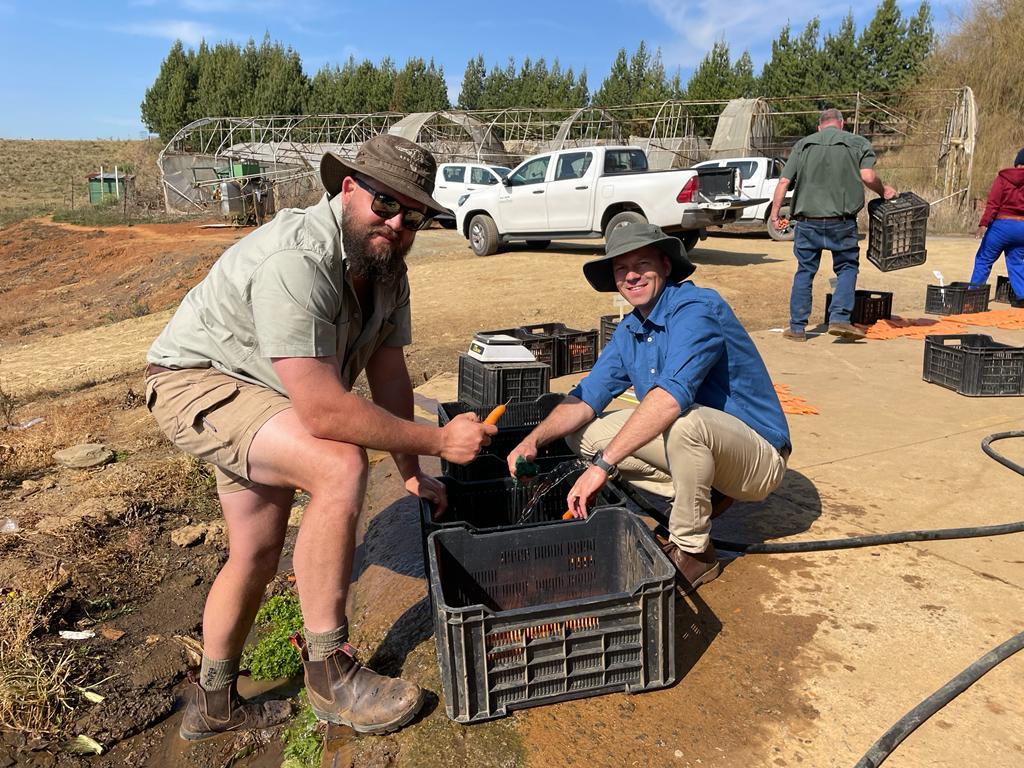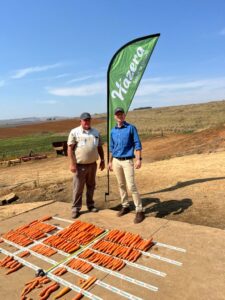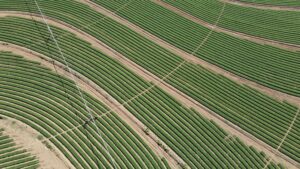Michal Taraska, Global Value Chain Leader from Poland, was born into a family with deep agricultural roots dating back to his great-grandparents. His academic background is in agriculture, earning a master’s degree in agribusiness. From an early age, he dreamed of working in the seed industry, fascinated by how a tiny seed can grow into something significant. He has 15 years of experience in the seed and vegetable business, out of which he dedicated almost nine years to Limagrain and five years to the Fresh Chain sector in Hazera.
What is a common myth about your job or field of expertise?
“People think that I’m always in meetings with big retailer stores and their managers, but in reality, what makes up around 80% of my job is preparation. We need to coordinate closely with breeders and local markets to ensure high-quality, healthy products are always available, sustainable, and delicious. Meeting retailers in person is just the cherry on top.” says Michal with a big smile.
In your opinion, what is the most important personality trait someone should have to work in your industry?
“I like to think of it as a gardening approach.” Michal goes on explaining it as “we plant the seeds, nurture them, care for the garden every day, and patiently wait until it’s time to harvest. Then, we plan for the next cycle. It’s a continuous process that never stops. To thrive in this industry, you need passion, a forward-thinking mindset, and a deep understanding of consumption and health trends. You need to bring quality and build trust, because people rely on both you and the product you deliver.” Then Michal adds “being open, positive, and eager to connect with people are also essential traits.”
Tell us about a project you’re proud of and why?
“The project I’m most proud of is participating in the Fruit Logistica Innovation Award 2024 with our mini seedless watermelon, Exceed. When we began preparing for this event, we had a very tight timeline. But thanks to our dedicated team, an exceptional product, and a strong partnership with Staay Food Group, we achieved incredible success. This year, we were proud to return to Fruit Logistica, where we had a lot of meetings with major players from the UK, Germany, the Balkans, and beyond with our tomato varieties. These accomplishments are proof that when passionate people come together, they can create something truly remarkable.”
What does “Hazera- Growing Together” mean to you?
“For me, the core principle is building strong cooperation with our stakeholders and partners. Our goal is to support their success and grow alongside them. We strive to showcase the best of our products and pipeline, ensuring that together, we achieve sustainable growth and success.”
Tell us something interesting about yourself that most people don’t know.
People who work with me quickly notice that I’m dyslexic, which means I sometimes make mistakes when speaking or writing emails. It’s more challenging for me than for the average person, but I also see dyslexia as an advantage as it enhances my creativity and intuition. I rely on my instincts to understand market trends and solve problems quickly by recognizing the most effective solutions.”


